India sees dawn of a new era
Like the Indian government, the country's media have also termed Prime Minister Narendra Modi's maiden visit in Bangladesh as dawn of a new era.
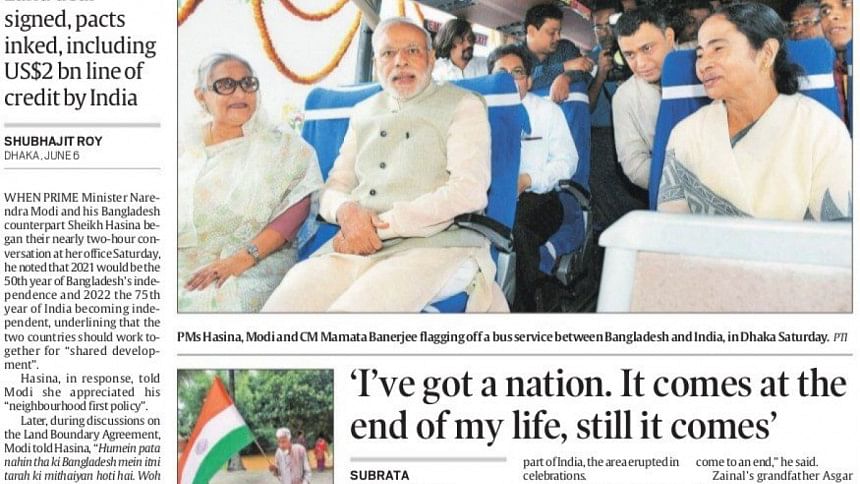
Modi in Dhaka: India, Bangladesh ratify historic land boundary agreement. http://t.co/yl5MeBiLvz pic.twitter.com/dbMElHIgy9
— Hindustan Times (@htTweets) June 6, 2015
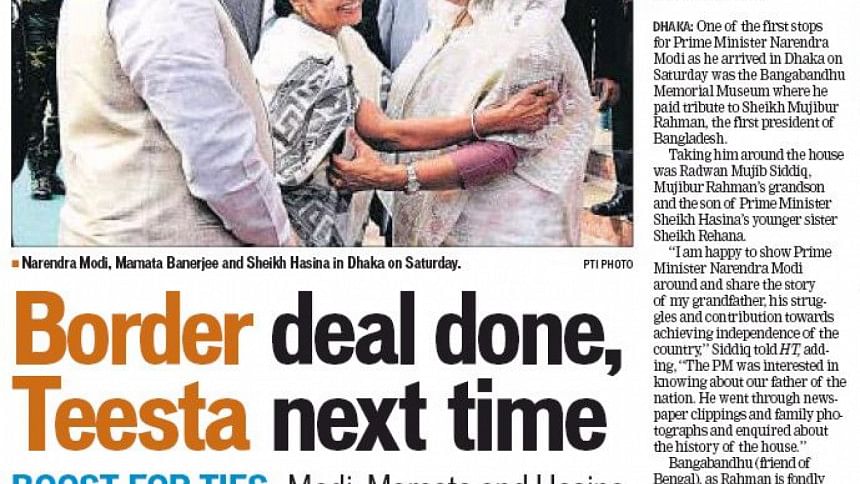
In Dhaka, Modi receives Liberation Award of War on behalf of Vajpayee. (Photo: @MEAIndia) pic.twitter.com/6zjofv2ioZ
— Hindustan Times (@htTweets) June 7, 2015
#Vajpayee an inspiration for many: #Modi http://t.co/nlyCyi1p7G pic.twitter.com/hq9zVHR5t4
— The Hindu (@the_hindu) June 7, 2015
Our rivers should nurture our relationship, not become a source of discord: PM Modi http://t.co/kNR43LLLvg pic.twitter.com/WdS6r7E3hK
— The Indian Express (@IndianExpress) June 6, 2015
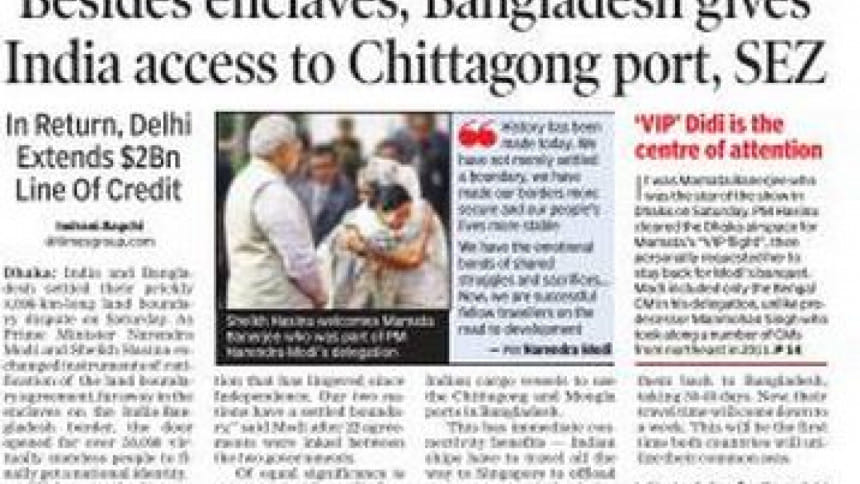
The Times of India reported that there was a very strong sense in India that Modi's Bangladesh visit is more special than his visits to Nepal or Sri Lanka.
"… there is an expectation that India would be part of Bangladesh's growth story," it said.
#ModiInBangladesh Visit to Bangladesh will strengthen ties: PM @NarendraModi http://t.co/2u78bIMhnS
— Times of India (@timesofindia) June 6, 2015
Zee News on the same day termed the signing of land boundary agreement between the two countries "a historic move".
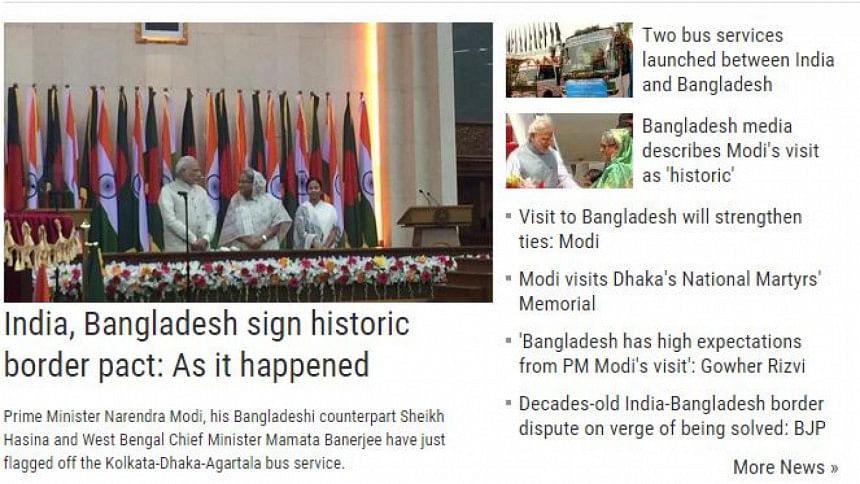
Reaching out across the political spectrum. PM @narendramodi meets Begum Raushan Ershad, Leader of Opposition pic.twitter.com/JsxyTI75Ca
— Vikas Swarup (@MEAIndia) June 7, 2015
The main Bangladeshi opposition party BNP singnifies a "shift" in its approach towards India as its chief Khaleda Zia is set to meet PM Modi in the afternoon, The Hindustan Times reported.
This marked a significant departure from her stand in 2010, when she accused her arch-rival, Prime Minister Sheikh Hasina, of "selling out to India" after Dhaka clinched its biggest ever trade deal with New Delhi, it added.
The BNP leader also refrained from meeting President Pranab Mukherjee when he visited Bangladesh in March 2013. It was Mukherjee's first visit to a foreign country after becoming President.
Bus service between India and Bangladesh flagged off in Dhaka by PM Modi, Bangladesh PM Sheikh Hasina & Bengal CM Mamata Bannerjee.
— Hindustan Times (@htTweets) June 6, 2015
In another report today, the HT said Mamata Banerjee's presence, and more importantly her one-on-one meeting with Prime Minister Narendra Modi, was a key highlight of the first day of Modi's visit to Dhaka.
PM in Dhaka: India, Bangladesh seal boundary agreement, pledge zero tolerance to terrorism. http://t.co/yl5MeBiLvz pic.twitter.com/e9XvVXKC14
— Hindustan Times (@htTweets) June 7, 2015
In its editorial, The Indian Express wrote: "In particular, the "Hasina Doctrine", if we may call it so, has centred on the notion that all pending issues between subcontinental neighbours can be resolved through constructive diplomatic engagement if sufficient goodwill is created concerning each actor's intentions. Over the last six and a half years, we have seen this doctrine catalyse a unique transformation in not only how problems are approached by the two countries, but also in developing a genuine faith in each other's commitment to resolving pending issues."
PM @narendramodi in Bangladesh: We are two nations bound by the threads of history, religion, culture, language, a passion for cricket
— Hindustan Times (@htTweets) June 6, 2015
"… there is a new wave of optimism about bilateral relations in the wake of the LBA. He has proved sceptics wrong by not only succeeding where his predecessors failed, but also mobilising a broad national consensus in ratifying the treaty. This has definitely curtailed the perception of non-reciprocity from New Delhi despite substantive overtures by Dhaka, the opinion said on the maiden visit of Modi in Bangladesh.
PM @narendramodi in Bangladesh: Everything I have experienced here reflects the warmth and generosity of people of Bangladesh
— Hindustan Times (@htTweets) June 6, 2015
"Hasina's policy of being "pro-engagement" goes hand-in-hand with Modi's "neighbourhood-first" policy. Thus, the onus is now on both leaders to take bilateral relations to the next level," it said.

 For all latest news, follow The Daily Star's Google News channel.
For all latest news, follow The Daily Star's Google News channel. 

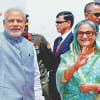

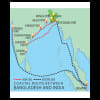




Comments